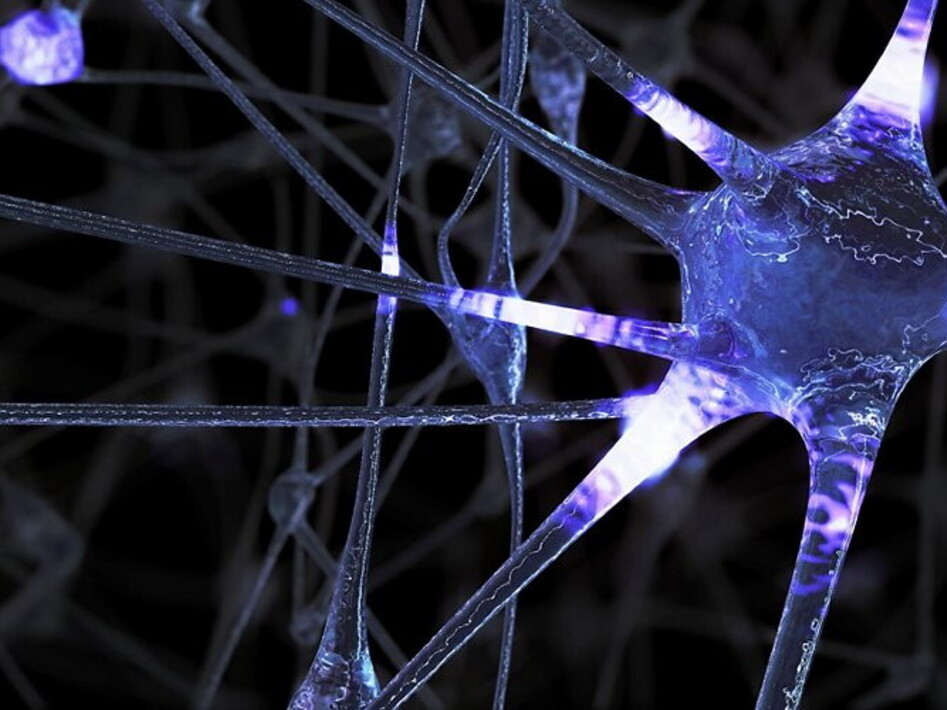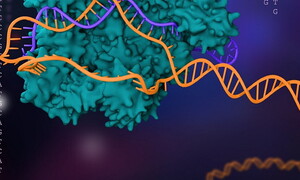The sweet (and tiring) art of doing nothing
19 February 2024

The cells in the brain are called neurons. They are long and thin, some up to a metre long, like trees with thinner and thinner branches growing from the trunk. Neurons conduct electrical signals like power lines at speeds of 150 m/s or 540 km/h. In an adult brain, there are about 86 billion neurons, constantly communicating with each other through a dense network, an intricate web of branches with trillions upon trillions of connections called synapses. It's estimated that a single cubic centimetre of brain tissue contains as many synapses as there are stars in our galaxy, the Milky Way.
According to neuroscientist Sebastian Seung of MIT, the prestigious Massachusetts Institute of Technology in Boston, all the connections between neurons form an immensely complex map, called connectome, which describes the three-dimensional structure made up of all the connections between neurons in the brain. The connectome is in constant flux, shaped by experience, adapting and shaping our identity. This intricate system operates continuously, even when we are at rest. Recently, researchers at the University of Washington measured the brain’s minimal activity during rest. Not when we're asleep, but when we're lounging on the sofa, staring off into space, our minds wandering. Washington neuroscientists have pinpointed the areas of the brain that are active during moments of idleness. These include certain brain regions, even distant ones, associated with memory. According to the research, during this apparent inactivity, the brain revisits past experiences, tries to interpret the actions and thoughts of other people's brains, imagines future scenarios and relationships, and processes language.
But what is the purpose of this minimal activity? For the US research team, this ‘brain minimum’ helps us consider our identity in relation to others, recall experiences and construct a coherent narrative about ourselves. In essence, while we are doing nothing, the brain is conducting a thorough review of who we are and our place in the world.
Source: pnas.org


